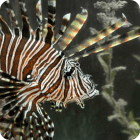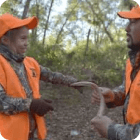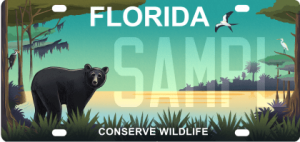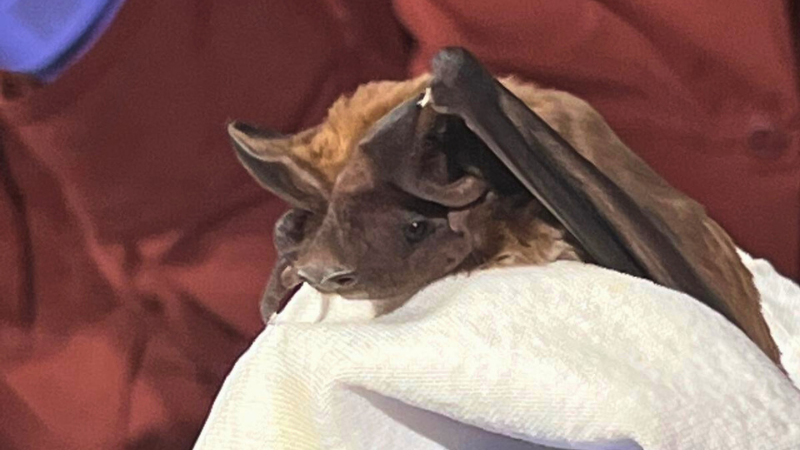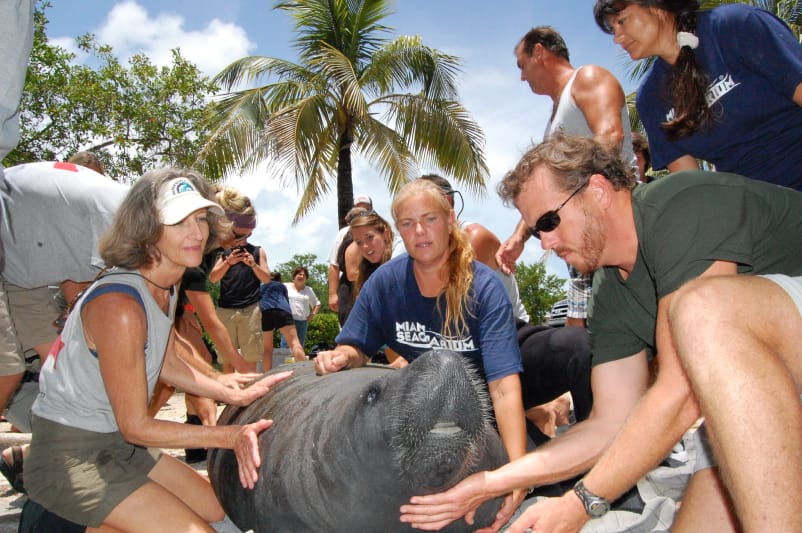
Chronic wasting disease (CWD) is a neurological disorder that affects white-tail deer and other members of the deer family. Until recently, CWD had been recorded in 30 states and four Canadian provinces. On June 15, 2023, the Florida Fish and Wildlife Conservation Commission (FWC) announced CWD has unfortunately been found in Florida.
Thanks to a robust CWD monitoring program headed by FWC, a sample taken from a road-killed deer in Holmes County has tested positive for the disease. The sample was taken as part of routine monitoring. Our Foundation provided funding for the monitoring program, in addition to CWD awareness campaigns aimed at the general public, through our Wildlife Foundation of Florida tag grants.
CWD is highly contagious and can spread among deer through direct contact with bodily fluids, contaminated environments, and even through ingestion of contaminated plants or soil. The consequences of CWD on white-tailed deer populations are significant. Infected animals experience weight loss, behavioral changes, and physical deterioration. CWD also reduces their ability to evade predators and impacts their overall reproductive success. The disease is always fatal. As a result, affected populations may face declines in numbers, decreased genetic diversity, and potential long-term implications for the ecosystem as a whole.
CWD belongs to a group of diseases known as transmissible spongiform encephalopathies (TSEs), which can cause degeneration of brain and nervous tissue. The disease is caused by abnormal proteins called prions, which gradually accumulate in the brain, leading to neurological damage and eventual death. Because prions shed by infected deer persist in the environment, the best chance for managing CWD is acting quickly after it’s been detected to prevent more animals from becoming infected. FWC takes CWD very seriously and is taking an aggressive approach to address the spread of the disease. A comprehensive plan in place, alongside Florida Department of Agriculture and Consumer Services (FDACS) and other partners to immediately respond to the recent detection of CWD.
FWC has been monitoring free-ranging deer since 2002 to detect CWD. During that time, FWC has tested approximately 17,500 hunter-killed, road-killed, and sick or diseased deer for CWD. Hunters can support FWC’s efforts to monitor Florida deer for CWD by voluntarily submitting their deer heads for testing (skull cap and antlers can be removed and kept by the hunter). Anyone who sees a sick or abnormally thin deer or deer dead of unknown causes is asked to report its location to the CWD hotline, (866) CWD-WATCH (293-9282).
In addition to being a primary game species for Florida hunters, white-tailed deer are a food source for the endangered Florida panther. Currently, there is no scientific evidence that CWD can be transmitted to humans or livestock under natural conditions. For the most up-to-date information on the disease, visit FWC’s CWD webpage.



